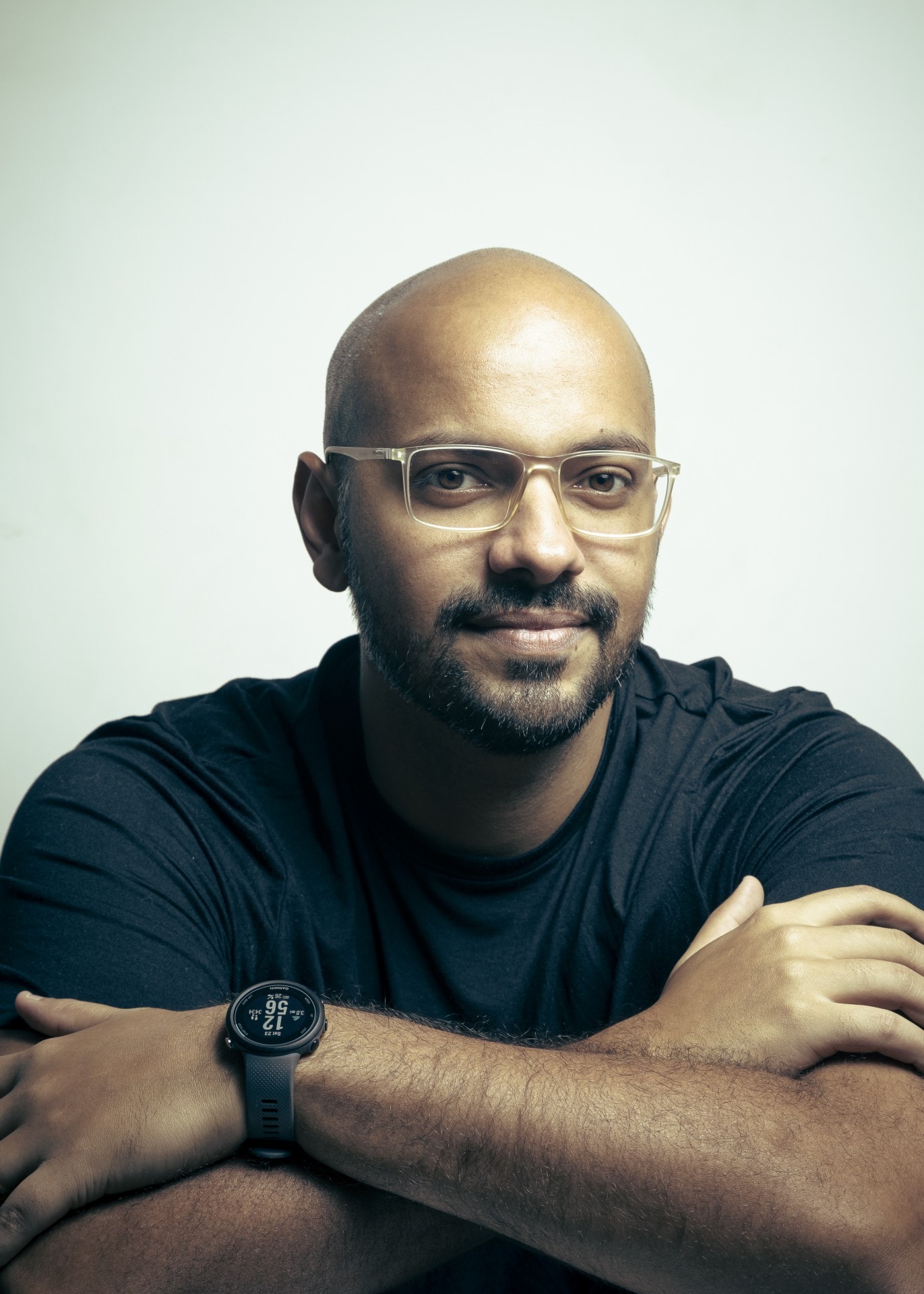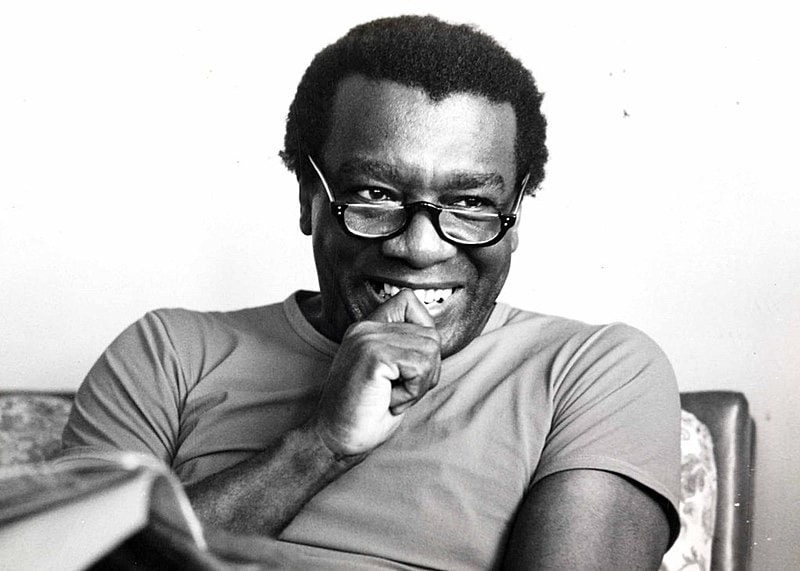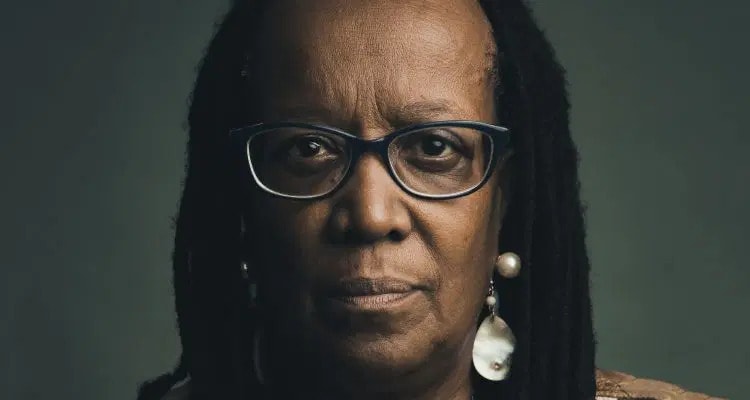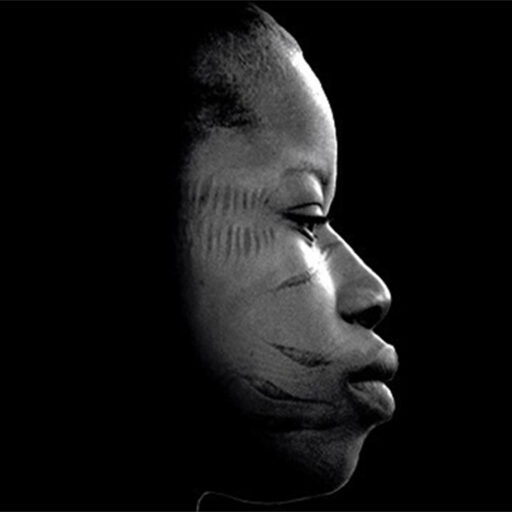One of Brazil’s most celebrated Black authors sat on stage and posed a vital question to a nation unaware of its past.
Why, asked Conceição Evaristo, were Brazilian schoolchildren taught about the 1835 Ragamuffin war – when separatist forces rebelled against the empire at the behest of white landowners – but not the Malê revolt, a Black Muslim slave uprising that erupted in the very same year?
For Tiago Rogero, a young Black reporter in the audience, it was a eureka moment.

“It’s true, I thought,” the journalist said of Evaristo’s question in the autumn of 2018. “I knew it was a slave revolt but that was about all … I genuinely didn’t know. So I decided to make a podcast about the stories I thought had been hidden when I was at school.”
The result was a trilogy of podcasts celebrating Black lives and Black matters – the Black people, struggles and achievements that had been airbrushed from the history of a country that is more than 50% Black.
The most recent of those podcasts – the Querino Project – calls itself a Brazilian answer to the New York Times’s 1619 Project, which rethought US history through the prism of slavery and the key role Black citizens had in shaping that nation.
“It’s a story Brazil never wanted to tell but instead wanted to suppress,” said Rogero, 34, whose earlier podcasts were called Negra Voz (Black Voice) and Vidas Negras (Black Lives).
Rogero said the contributions of Indigenous and Afro-Brazilian people had long been considered “secondary, if not disposable” in Brazil, while the history of the European colonizers and white elites took center stage in textbooks and at schools. He hoped his “afrocentric” podcasts might help change this by enlightening listeners who had been deprived of their country’s true story and personalities.
In 2019’s Negra Voz, Rogero celebrated trail-blazing Black Brazilians such as the author Maria Firmina dos Reis, the actor Ruth de Souza and the ballet dancer Ingrid Silva.
In 2021’s Vidas Negras, he honored figures including the intellectual Milton Santos, the singer Alaíde Costa and the feminist and antiracism activist Sueli Carneiro.
And in the eight-episode Querino Project, Rogero ponders the whitewashing of key moments in Brazilian history, including its 1822 independence from Portugal and how the involvement of Black figures such as the freedom fighter Maria Felipa de Oliveira was ignored.
“We are a country that doesn’t want to see itself as a Black country, despite being majority Black,” the journalist said during an interview at the Rio headquarters of Rádio Novelo, the podcast production company where he works.
The Querino Project, which is named after the 19th-century Black intellectual and abolitionist Manuel Querino, has struck a chord in a country slowly waking up to its Black past and where a boom in Black literature is under way.
Since its launch in August, the series has been downloaded more than 650,000 times. Critics have hailed it as an essential step in retelling Brazilian history through the eyes of its Black majority.
“Querino should be on the curriculum of every school in the country,” said Cecília Olliveira, a journalist and researcher who runs the violence-tracking group Instituto Fogo Cruzado.
“We have laws that stipulate that Afro-Brazilian history must be taught – but this isn’t done properly, precisely because of this racism that considers Afro-Brazilian religions as demonic, that considers Black people to be less capable and less important,” she added. “So we aren’t teaching our population about ourselves.”
The actor Lázaro Ramos compared the “indispensable” podcast to A Colour Defect, Ana Maria Gonçalves’s seminal novel about slavery’s legacy.

Flávia Oliveira, one of Brazil’s foremost Black journalists, recalled feeling a mix of emotions as she listened to the Querino Project, which was made with the help of historian Ynaê Lopes dos Santos.
“Proud and grateful at having the chance to know the stories that Querino is telling us, but at the same time saddened by how much [knowledge] we were denied,” Oliveira said.
“I’m a 53-year-old woman: how is it that I grew up not knowing about Querino, without having a profound knowledge of Maria Firmina dos Reis, without discovering Maria Felipa?” she asked. “It’s inconceivable. None of this was taught to us at school.
“So much was withheld from us,” Oliveira added. “So, so much.”
For all the harrowing details of racism, violence and slavery – which saw an estimated 4 million enslaved people shipped to Brazil from Africa – Rogero said Querino’s overall message was one of hope.
“The key message is that Black people have the right to be whatever they want to be, but that we live in a Brazil which stops them from doing so, that stops them dreaming,” he said.
“Querino is harsh, sometimes it’s difficult to take it all in … but at the end of the day the message is one of celebration: that we made Brazil in our likeness and that we will stay here struggling.”
That historic struggle intensified after Jair Bolsonaro – a rightwing populist notorious for his racist rhetoric – became president in 2019. Rogero saw Bolsonaro’s delay in buying Covid vaccines and the sabotage of containment measures as part of the historic push to “whiten” Brazil’s population by exposing the Black majority to a deadly disease.
But Rogero believed Bolsonaro’s hostility to Black rights – and the affirmative action policies and racial quotas that have helped millions of Black and Indigenous people access higher education – only made his podcasts more urgent.
“The fact that the current president is Jair Bolsonaro and the advances we have achieved in recent years are being dismantled and destroyed was a crucial impulse for Querino,” he said.
“[The podcast] would exist without Bolsonaro. But the strength, the determination that it has – and the success it’s enjoying – I think has to do with Bolsonaro too.”





